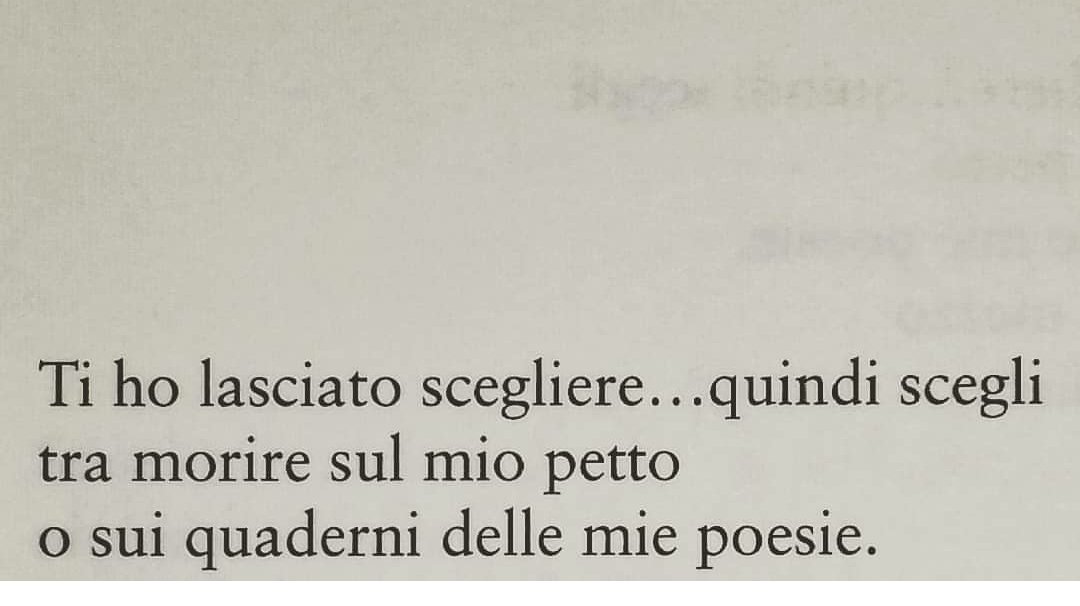
This poem "My Lover Asks Me" has actually been translated, here, by the very distinguished translators Bassam Frangieh and Clementina R. Embarrassing! But then English versions I found elsewhere didn't work for me. They will probably reveal their glaring deficiencies to anybody who really knows the original language.

The two poems posted below this one are my own versions. He wrote down on a slip of receipt paper: Nizar Qabbani. Ayman was trying to add up his day's receipts. So that set the bar of comparison pretty high, the level of Darwish.

We both greatly admire Darwish, Ayman from an intimate acquaintance, me from my usual interested rubbernecker's POV. I had made a typically flip remark to my friend Ayman concerning the Arabic poet Adonis. My Arabic vocabulary is limited to what I can garner from eavesdropping at the Fertile Grounds Cafe. The difference between what poet Jamie McKendrick refers to as knowledge of'language'and knowledge of languages. I've lately been reflecting on the nature of 'translation', weighing the merits of both the 'literalist' translation and the kind based on only a "passing knowledge" of the original source. Though I don't know Arabic (and my familiarity with Arabic writings is limited),I feel its spirit in your verse. I commend you on superb translation work. My Cub Scout Arabic isn't worth much, but the performance videos do transmit feeling at that "international language" level which maybe makes poetry what it is. There are quite a few YouTube videos of Qabbani performing his poems, and others performing them. I am sorry my master -If I have insolently attacked the kingdom of MenĪ senile fairytale, the freedom of women in our countries The Eastern man - and forgive my insolence - does not understand women If I smash the complaints blocked for centuriesįrom the domes of the Harem in the castles Manufactures the delicate crown of the Eastįor I write and the sword is behind my doorĪnd beyond the room is the sound of wind and howling dogs Practices suppression, upon the emotions of women The silliest thing we carry, my Master - are namesĬonfiscate dreams from the treasure chests of women Has a stupid woman before me, written to you? Nizar Qabbani died in London of a heart attack at the age of 75 Read more → His second wife, Balqis al-Rawi, an Iraqi teacher whom he had met at a poetry recital in Baghdad, was killed in a bomb attack by pro-Iranian guerrillas in Beirut, where she was working for the cultural section of the Iraqi Ministry. One couplet in particular - "O Sultan, my master, if my clothes are ripped and torn it is because your dogs with claws are allowed to tear me" - is sometimes quoted by Arabs as a kind of wry shorthand for their frustration with life under dictatorship. Qabbani's later poems included a strong strain of anti-authoritarianism. His writing also often fused themes of romantic and political despair. Qabbani was a committed Arab nationalist and in recent years his poetry and other writings, including essays and journalism, had become more political.

He had lived in London since 1967 but the Syrian capital remained a powerful presence in his poems, most notably in "The Jasmine Scent of Damascus."Īfter the Arab defeat in the 1967 Arab-Israeli war, he founded the Nizar Qabbani publishing house in London, and his became a powerful and eloquent voice of lament for Arab causes. Thereafter, he expressed resentment of male chauvinism and often wrote from a woman's viewpoint and advocated social freedoms for women. The suicide of his sister, who was unwilling to marry a man she did not love, had a profound effect on Qabbani. He earned a reputation for daring with the publication in 1954 of his first volume of verse, "Childhood of a Breast," whose erotic and romantic themes broke from the conservative traditions of Arab literature. Through a lifetime of writing, Qabbani made women his main theme and inspiration. His work was featured not only in his two dozen volumes of poetry and in regular contributions to the Arabic-language newspaper Al Hayat, but in lyrics sung by Lebanese and Syrian vocalists who helped popularize his work.
.jpg)
Qabbani was revered by generations of Arabs for his sensual and romantic verse.


 0 kommentar(er)
0 kommentar(er)
